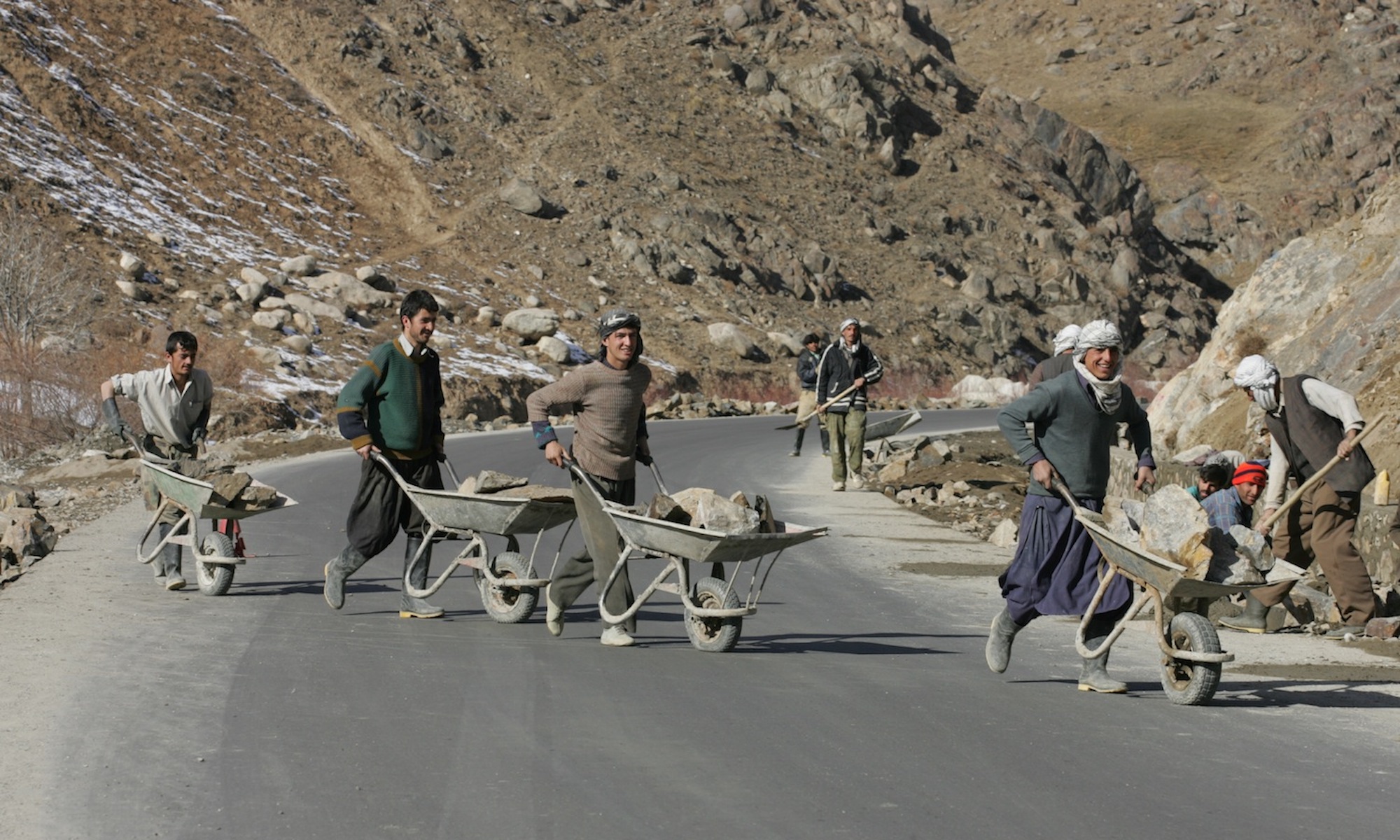In the literature on civil conflicts, federalism is often touted as a useful institution to address regional demands. However, diversity in the groups present in a country is also associated with a higher tendency for conflicts. In this article we examine how the geographic distribution of groups across a country affects the ways in which federalism contributes to conflict resolution. Of tantamount importance in assessing these effects of federalism is whether particular types of distributions of groups across a territory make the adoption of federal institutions more likely. We find federal countries with strong ethno-federal arrangements to be particularly conflict-prone.
Decolonization or National Liberation: Debating the End of British Colonial Rule in Africa
When discussing the end of British colonial rule in Africa, many historians have highlighted the role of postwar international relations and the impact of domestic imperial politics on decolonization and have failed to recognize the role of African nationalists. This article argues that such a viewpoint is flawed because it conceives of colonial policy makers as isolated and autonomous entities impervious to changes taking place in the colonies. The national liberation movements in Ghana, Central Africa, Kenya, and other regions of East Africa are explored in this article to illustrate the central role that colonial subjects played in the British decolonization of Africa. While dominant scholarship on the failures of the post-colonial state has made studies of decolonization and African nationalism less fashionable, it is becoming increasingly clear that our understanding of the nature and mechanics of the crises that beset the continent requires taking fresh stock of the record of European colonial rule in Africa. In this regard, the study of colonialism and decolonization in continues to be of critical relevance.
